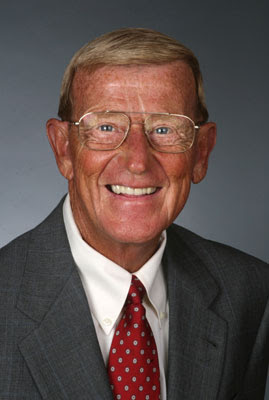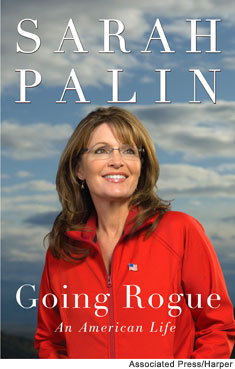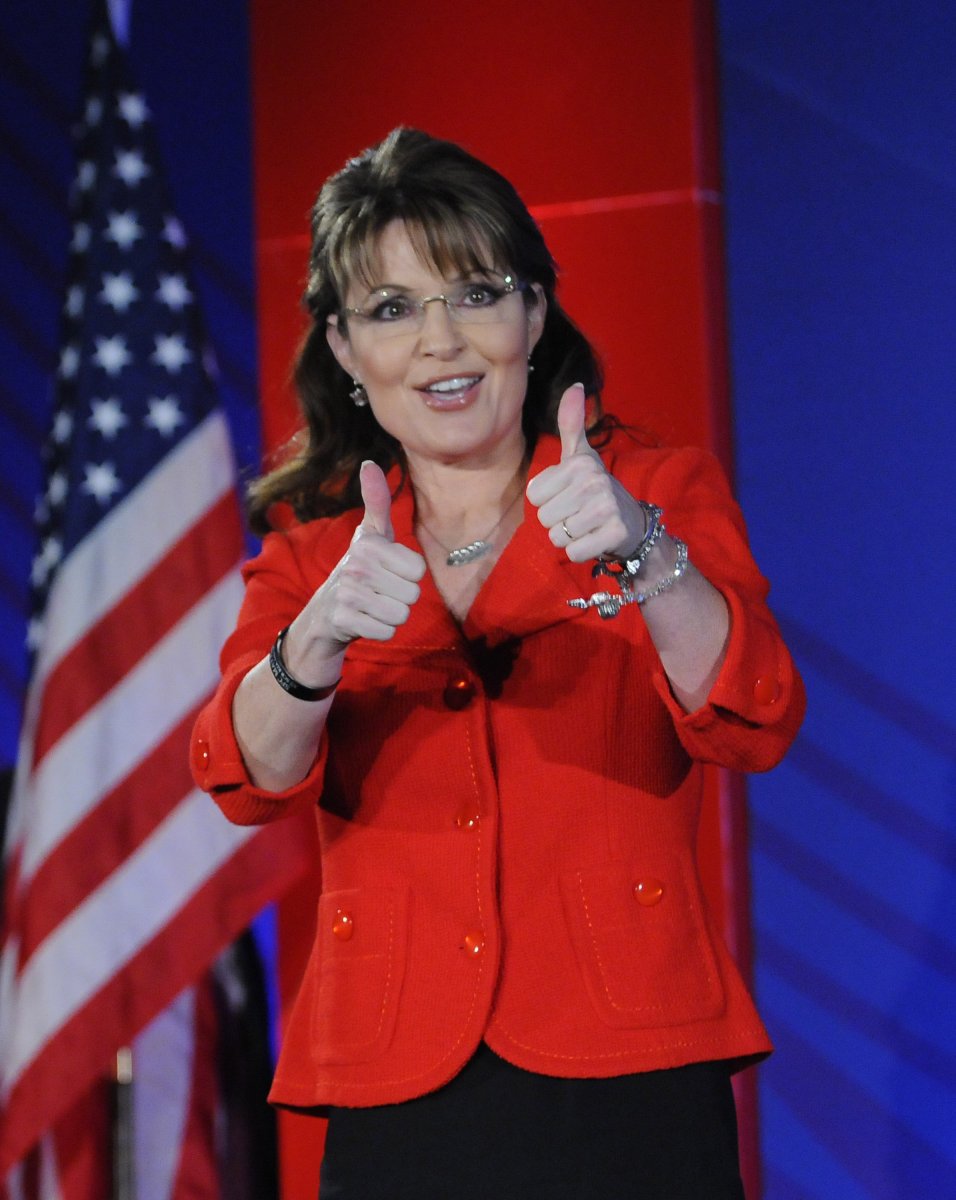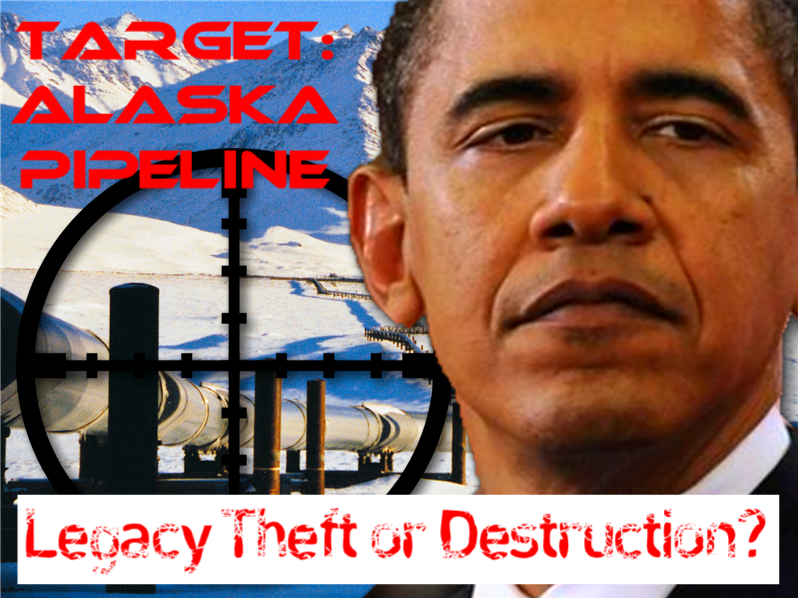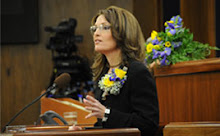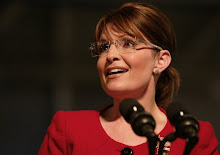
Like many of you, I often turn to the internet when I want to get briefed on the latest current events. One of the things I love most about the internet is the ability of having so many media sources at the click of a mouse. While browsing the web today, I came across an article on www.CNN.com that caught my eye. The article is in the entertainment section and is entitled: "Free-Spirited Drew Barry more Champions Women." (Ms. Barrymore's entire interview can be found in this month's edition of "In Style" Magazine.) Like many of you, I am sick and tired of the elitists in Hollywood who think everyone thinks and believes the same way they do. Instead of acting, which is what they are supposed to do best, they take it upon themselves to use their famous names to preach liberal propaganda. Usually, I would not have given this article a second look if not for the title. As I began to read the article, nothing seemed to strike me as news worthy until I came to the part in which Ms. Barrymore speaks of girl power.
While I don't agree with Ms. Barrymore politically, I have always enjoyed her work as an actress in movies such "Never Been Kissed," "Ever After" and my all-time favorite girls-kick-butt movie "Charlie's Angels." It's just too bad she can't strictly stick to acting. It is no secret that Ms. Barrymore, like many liberal actresses in Hollywood, is a big activist and supporter of abortion and gay marriage, but it is what she said regarding "girl power" and female empowerment that I found the most interesting. Here's what CNN reported Ms. Barrymore said to "In Style" about her strong belief in the importance of female friendships:
"I like teams -- I like buddies. I don't understand women who are competitive, apart from positive forums like athletics. One person is a powerful thing, but a tribe is unstoppable."
I couldn't agree more, Drew. While I thank Drew for speaking out regarding the importance of empowering females and the importance of females sticking together, I take issue with her, as well as other liberal women in that while they speak of female empowerment, they don't empower and speak on behalf of all women; instead, they do compete and they do tear down fellow women in their quest to spread their liberal agenda.
I can't help but remember an interview Ms. Barrymore gave to "Harper's Bazaar," back during the 2008 presidential election, in which she talked not only about helping to get out the vote for then-candidate Barack Obama, but also made some interesting comments about Sarah Palin and Hillary Clinton. Here's the excerpt:
"She (Barrymore) has mixed feelings on McCain: 'He is a good person and he does care, but he has voted against things that are shocking as far as people's liberties and economic choices. I study everyone's voting record because they say one thing and do another.' As for McCain's choice for vice president, Sarah Palin, Drew chooses her words carefully. 'I think people realize the intention of the choice,' she says. She supports a female leader, but not one chosen simply because she is female. She is a big fan of Hillary Clinton. 'It hurts me to see women so upset that she didn't get in. Not voting because you're angry? That won't work.'"
Is she hypocritical or what? The main issue I take with the above quote is the way in which she speaks about Sarah versus Hillary. While she implies Sarah, the conservative candidate, was only picked because she is a women, she's a big fan of Hillary? This doesn't sound like a woman who believes in the importance of empowering women to me; instead, Ms. Barrymore sounds like a woman who, if you agree with her politically, she adores you, but if you're a conservative woman like myself, she loses that loving feeling, if you know what I mean.
This is just further proof of how hypocritical the extreme the liberal left has become. We are adored and praised by these individuals if we agree with them, but as soon as we speak out in opposition, we are belittled and called the most disgusting words.
These Hollywood starlets need to wake up and realize that there are many people out there who do not agree with their views. I find Ms. Barrymore's explanation as to the reason behind Sarah's nod to be the Republican Party's Vice Presidential nominee to be laughable at best. Unless Ms. Barrymore was a fly on the wall, she has no right to assume the sole reason behind John McCain tapping Sarah to be his running mate was gender based. Perhaps it didn't cross Ms. Barrymore's mind that Sarah cleaned up the corruption as governor of Alaska, or that she was a strong constitutionalist, or that she was a fiscal conservative, or that she worked across party lines, or that she was a maverick who was known to do the right thing. No, Ms. Barrymore didn't give any of those reasons; instead, she used the lowest line in the book implying Sarah was picked just because she was a woman- so much for girl power and empowerment. I don't know about you, but I believe Sarah was the best choice! She not only rejuvenated a party, but she reminded so many of another great Western governor, Ronald Reagan.
Did it ever occur to Ms. Barrymore as well as many on the liberal left that women probably voted for Hillary just because she was a woman? Or that many voted for President Obama simply because he was black? No, it didn't because Ms. Barrymore knows the real reason she can't praise Sarah is because, as I have discussed before, Sarah stands for everything so-called feminists like Ms. Barrymore have fought so hard against. Sarah is a Pro-life, pro-traditional family values, pro-Second Amendment modern-day feminist, and this scares the hell out of these so-called feminists like Ms. Barrymore. It scares the hell out of them because Sarah chose to give her precious baby, Trig, life.
The vile way in which the far left attack is what sets them apart from conservatives. As a young conservative woman, I have always admired strong female leaders regardless of party. My family and friends would tell you that while I disagree politically with Hillary Clinton, I greatly admire her for her strength and determination. I will be the first to admit that I openly cried when Hillary made her decision that she would drop out of the race for the White House. This does not mean that I was one of her supporters because I never was. The reason I cried is because this woman, whether you agree with her or not, is strong, intelligent and fearless. As a conservative woman, I am not afraid to commend someone whom I disagree with politically, which is a lesson that many on the far-left have yet to learn. While I am able to commend someone from a different party, it is hard for me to name any far-left, Obama-supporting female who has ever stuck up for Sarah.
Sarah is a woman whom I greatly admire. I speak out and defend her because I believe in her and agree with the vision she has for America. it pains me to see a woman like Ms. Barrymore who speaks of the need to empower, when they don't practice what they preach. Instead of accusing Senator McCain of not practicing what he preaches, like she did in the quote above, maybe should look at herself. In saying Sarah was picked only because she was a woman, Ms. Barrymore is taking many steps backward in her attempt to encourage strong women. I would have respected her opinion if she had said something like "While I don't agree at all politically with Governor Palin, I admire her for all she has accomplished." If women like Ms. Barrymore truly wish to encourage girl power and non-competitive female friendships, I suggest they wake up and actually start practicing what they preach.
(I'm a Conservative Girl with a Voice!!! Visit my blog and become a follower: http://www.conservativegirlwithavoice.com. I'm on Twitter too @rachellefriberg.)





